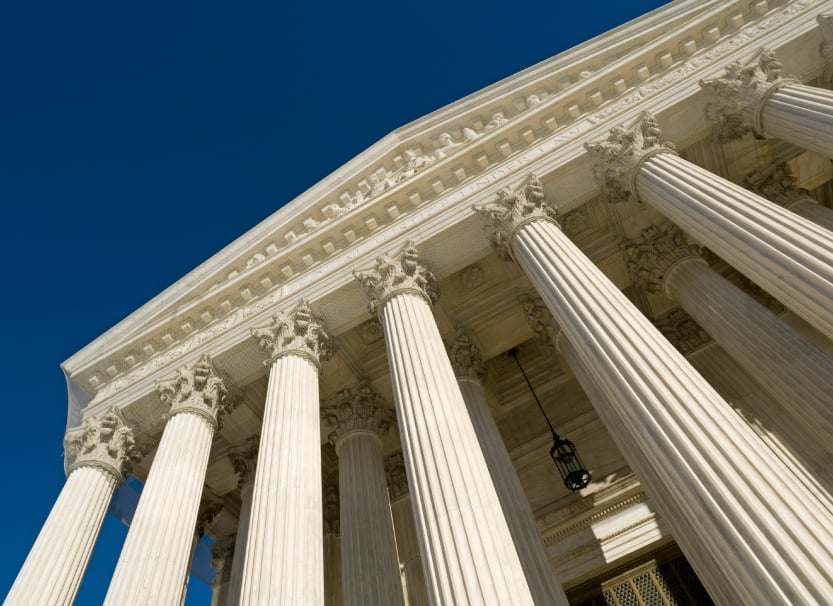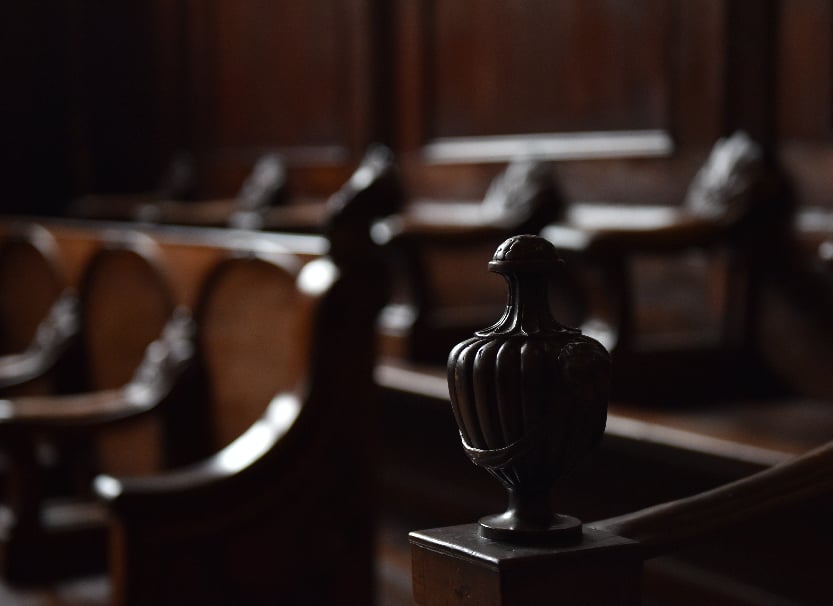
California Appellate Court Affirms Enforceability of Federal Forum Provisions in Securities Act Litigation
This past spring, the California Court of Appeal affirmed the enforceability of federal forum provisions (“FFPs”) in corporate charters. Bullock v. Rivian Auto., Inc., No. G063033, 2025 WL 1177303 (Cal. Ct. App. Apr. 23, 2025). FFPs, which require stockholders to bring claims for violations of the Securities Act of 1933 (the “‘33 Act”) in federal court instead of state court, were deemed facially valid in Delaware in Salzberg v. Sciabacucchi, 227 A.3d 102 (Del. 2020). Underscoring the importance of the forum for suits based on securities offerings, the plaintiffs in Bullock sought review of the California court’s decision. On August 13, 2025, the Supreme Court of California declined the plaintiffs’ petition for review. Petition for review & publication request(s) denied, Bullock v. Rivian Auto., Inc., No. S290922 (Cal. Aug. 13, 2025). The plaintiffs have now indicated an intent to seek certiorari from the United States Supreme Court. See Application to Extend the Time to File a Petition for a Writ of Certiorari, Bullock v. Rivian Auto., Inc., No. 25A506 (U.S. filed Oct. 31, 2025), application granted (Nov. 4, 2025).
Delaware Can’t Hold the Keys: Court of Chancery Limits Back-Door Personal Jurisdiction in Crypto Theft Case
Can a person steal property located in Delaware, and yet a Delaware court lack personal jurisdiction over the thief? For tangible assets like real property or money held in a Delaware bank, the answer would plainly be “no.” But, as the Court of Chancery recently held in a matter of first impression, the analysis changes when the property is cryptocurrency. In Timoria LLC v. Chaib Anis, et al., C.A. No. 2025-0883-JTL (Del. Ch. Oct. 6, 2025), Vice Chancellor Laster considered whether the Court could exercise in rem or quasi in rem jurisdiction over a cryptocurrency (Ether) held by foreign defendants — and concluded that although the digital assets were technically “located” in Delaware, that fact alone was not enough to satisfy due process.

Delaware Court of Chancery Finds No “Truth” to Minority Shareholder’s Allegations of a Lock-Up Conspiracy by Truth Social Operator, But Does Not Reach Presidential Immunity
In September, the Delaware Court of Chancery dismissed a lawsuit by minority shareholder United Atlantic Ventures, LLC (“UAV”) against Trump Media and Technology Group Corp. (“TMTG”), the operator of social media platform Truth Social, and several other individual Defendants, including President Donald Trump, Devin Nunes, Donald Trump Jr., and Kash Patel. In the 55-page opinion, Vice Chancellor Will found that the Court of Chancery need not decide whether the case should be stayed based on presidential immunity, because all of the claims were incompatible with Delaware law, insufficiently pled “conspiracy theories,” or better suited for Florida state court.
California Supreme Court Holds Right to Jury Trial Does Not Bar Enforcement of a Delaware Forum Selection Clause
On July 21, 2025, the California Supreme Court issued a decision in EpicentRX v. Superior Court, reversing a decision by the California Fourth District Court of Appeal that declined to enforce a forum selection clause in a corporation’s certificate of incorporation and bylaws designating the Delaware Court of Chancery as the mandatory forum. As we reported at the time, the Court of Appeal concluded that because the Delaware Court of Chancery, as a court of equity, does not conduct jury trials, the forum selection clause in favor of the Delaware forum ran afoul of California’s “sacred” right to a jury trial and thus was unenforceable. In reversing, the California Supreme Court rejected this reasoning in its entirety, holding that “A forum selection clause is not unenforceable simply because it requires the parties to litigate in a jurisdiction that does not afford civil litigants the same right to trial by jury as litigants in California courts enjoy.” (more…)

Texas Legislature Continues to Tweak the Business Court Formula
On June 20, 2025, Texas Governor Greg Abbott signed House Bill 40 (H.B. 40), making changes to Texas’s business court. H.B. 40 signals the state’s growing commitment to its newly created business court. While the business court began to hear cases last year, the amendments reflected in H.B. 40 modify key aspects of the court’s jurisdictional scope and procedural structure, reflecting the legislature’s confidence in the court. As the business court takes on a larger role in the Texas legal landscape, attorneys should take this opportunity take a fresh look at the strategic opportunities that the business court presents.

Time Flies: Understanding The Court of Chancery’s Approach To Laches and Statutes of Limitations
The doctrine of laches and statutes of limitations both bar claims brought too late. But when does each apply? And how late is too late? A recent case in the Delaware Court of Chancery, MW Gestion v. Sinovac Biotech Ltd., provides insight.

Strategic Questions to Consider as Business Courts Open in Texas
Texas’ new business courts are one month away from opening their doors on September 1. Over the last few weeks, Texas has been preparing for that day. Texas Governor Greg Abbott recently appointed the inaugural set of business court judges, and the Texas Supreme Court finalized the business court’s rules and filing fees. Companies that do business in or that otherwise have ties to Texas should also start planning now for the strategic questions that may arise when business courts become an option in just a few short weeks.

The Court of Chancery Prunes Back the Limits of Its Jurisdiction
The Delaware Court of Chancery is one of limited jurisdiction, accessible only when complete relief at law is unavailable. On March 4, 2024, in Graciano v Adobe Healthcare, Inc., Vice Chancellor Glasscock continued a trend from other recent cases toward guarding the limits of the Court of Chancery’s equitable jurisdiction, when he concluded that a claim for release of funds in escrow established through an M&A transaction was not equitable in nature—even though framed as a request for specific performance—because a declaratory judgment was the only judicial action required to afford the Plaintiff relief.
Corporate Personal Jurisdiction, Mallory, and Forum-Shopping: What’s Next for Multistate or International Corporations?
A new federal court decision, Madsen v. Sidwell Air Freight1, addresses the scope of general personal jurisdiction over corporations after the Supreme Court’s 2023 decision in Mallory v. Norfolk Southern Railway2. Madsen suggests that many states’ laws stop short of asserting the kind of registration-based jurisdiction that Mallory approved. This decision highlights key arguments that in-house litigators should bear in mind if their companies do business in multiple states.
On the Efficacy of Litigating Post-Employment Disputes in Delaware (Reciprocity Is a Two-Way Street)
Last November, Vice Chancellor J. Travis Laster issued an Opinion in Sunder Energy, LLC v. Jackson denying a company’s application for a preliminary injunction against a former employee based on restrictive covenants embedded in that employee’s Incentive Units. The Court held that the company could not enforce the covenants because the company’s Managers breached their fiduciary duties in the creation of those covenants, and because the covenants themselves are “overly broad” and “unreasonable.” The Court noted, for example, that covenants in this residential solar panel sales company’s Incentive Units could theoretically have indefinitely prevented the former employee’s daughter from door-to-door sales of Girl Scout cookies. (more…)

